Nature offers the ultimate recharge from stress. You'll soon be hearing the concept of forest bathing and biophilia entering the popular consciousness, and covered by the mainstream media. (Compare Retreats Magazine, photo Walter Mario Stein) )
Editor’s note: Alina Hernandez is the co-founder of the First 1,000 Days of Wellness and vice chair of the Mental Wellness Initiative of the Global Wellness Institute. She considers herself a “peaceful Wellness warrior” and is passionate about supporting people to live their best lives. She has lived internationally for half of her life and happily now calls Houston home.
Here, she writes about wellness in the time of a pandemic, from an insider’s perspective for PaperCity.
We are, undoubtedly, at Houston’s best time of the year — spring. The months of April and May are just beautiful in our green city, but Spring 2020 is not like any other spring in post-modern memory.
Normally this time of year sees us gearing up for Round Top, hosting friends, or simply out and about before the unbearable summer heat sets in. But this spring has us staying in and not doing much socializing at all.
Besieged daily by news cycles of our world in tumult and uncertainty, people everywhere are finding common ground in an experience that has many of us wondering what’s next and when we’ll get our lives back. It’s the presence of a common foe — a pathogen invisible to the eye — that has brought our lives to a halt and shaken us to our core.
Everywhere we turn, we read and hear words like quarantine, isolation, infection, fatality, fear and crisis. These messages and other constant statistics on the virus lead to great uncertainty and stress, highlighting things that are out of our control.
One thing that does remain within our control is our ability to respond — and one area where we can control is how we care for ourselves and those we love during this time. It’s time to focus on our wellness, on what we can manage and change.
One of our most important reframes has to do with our wellness and self-care physically, mentally, and spiritually — all part of a strategy or daily practice to maintain our health and our well-being as we navigate through Quarantine 2020 and beyond.
Daily Wellness Practices
According to Dr. Gerry Bodeker (renowned Harvard/Oxford-trained clinical psychologist, epidemiologist and chair of the Mental Wellness Initiative of the Global Wellness Institute): “Regular daily wellness practices ensure that this becomes a state of being rather than a rescue strategy, and this in turn becomes a new way of living in the post-COVID era — a true opportunity and benefit from crisis.”
After thinking about all the recommendations I could make, following on Dr. Bodeker’s wise words, here are a curated four that I believe are worth noting. Try these on for size:
1). Choose a Positive attitude instead of ruminating on everything that’s wrong. Refocus on things that are positive, and practice gratitude for what we do have. Science tells us that people who are grateful are in better mental and physical health.
Take needed breaks from constant news and social media negativity and connect with your family and the people with whom you’re at home. This is an opportunity to get to know each other better.
One of the added benefits of having to stay in place is that it has slowed us down, providing time for reflection and perhaps for the re-evaluation of our priorities.
Our new situation is an opportunity to build stronger bonds, create new traditions, and rejoice in our daily grounding rituals. Check out the Global Wellness Institute’s PositivelyWell campaign for a great source of learning why this is so important.
2). Think physical distancing instead of social distancing. Connection and our ability for connectivity is a basic human need and a source of happiness for most of us. People are wired to be social creatures, and we thrive on connectedness — the pleasure of sharing our lives with family, friends, co-workers, and our communities at large.
Social life is central to who we are, and normally we organize our lives accordingly — just like the seasons. Although we need to physically distance, our technology provides us with the ability to be more connected than ever before.
Rethink what “being social” means now and what it requires. If we can’t be there physically, let’s be there virtually.
Think virtual dinner party with friends. Organize a dance session with your besties, or simply enjoy a conversation with a family member or friend. Being in touch can make a big difference to your day and someone else’s.
3). Think Green. Nature is one of our greatest sources for healing — and one of the most important resources we have to build a strong immune system.
Biophilia, a fancy term that pacts a lot of punch, refers to the idea that humans possess an innate biological tendency to seek connections with nature and other forms of life.
One of the latest wellness trends, something called forest bathing, is part of this phenomenon.
Scientists have found that plants and trees emit phytoncides, the airborne chemicals that plants produce into the environment and which seem to benefit humans. What is most interesting is that our human scale is designed to easily access these beneficial chemicals, as plants and trees are all around us.
The science tells us that nature offers one of the most reliable boosts to our mental and physical well-being, improving memory, mood, ADHD symptoms, and relief from inflammation and stress.
We are privileged to live in a city filled with green spaces, and many Houston neighborhoods are filled with tree-lined streets that provide us with shade, beauty and nature’s own medicine.
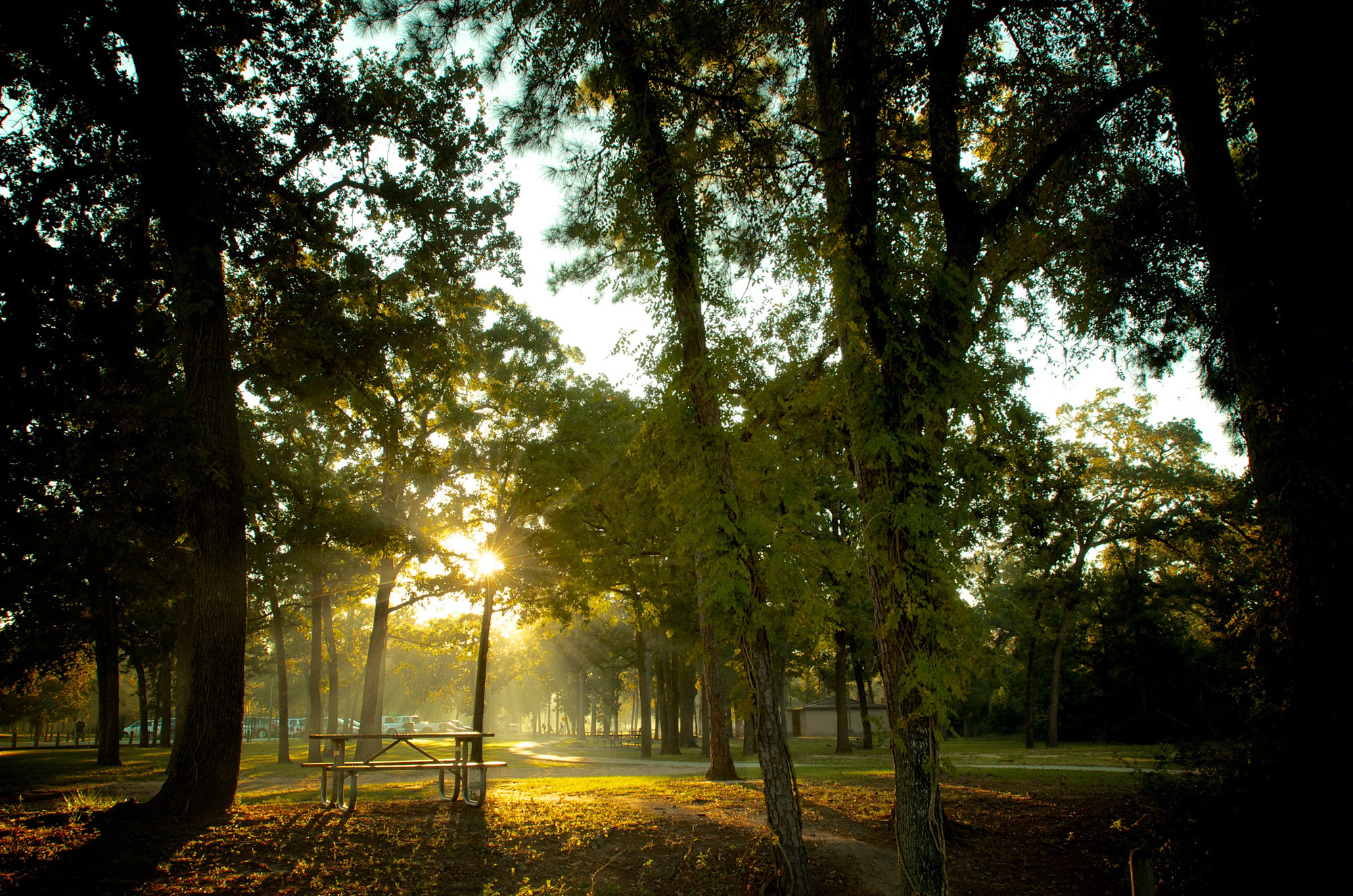
We can combine these benefits with a brisk walk for fitness (while we practice safe distancing) or a leisurely one to calm the mind and move our bodies. For those of us who have gardens, there has never been a better time to just sit and enjoy the relaxing splendor and healing qualities of what is just outside our door.
4). Get serious about your mental wellness while focusing on your physical, nutritional and spiritual health. Mental wellness is the foundation of all health and wellness. Engaging in self-care practices to boost your immune system, elevate your mood, and create resiliency is especially important now.
Dr. Bodeker further comments: “Keeping inner balance and perspective is our best way to navigate through these difficult time, and pathways such as meditation, yoga and yoga breathing, music, and dancing all can help. . . The idea is to find a settled place within and stay there for a while. Mood, emotions, the chemistry of well-being all readjust. From there, we can come out with perspective and clarity and calm.”
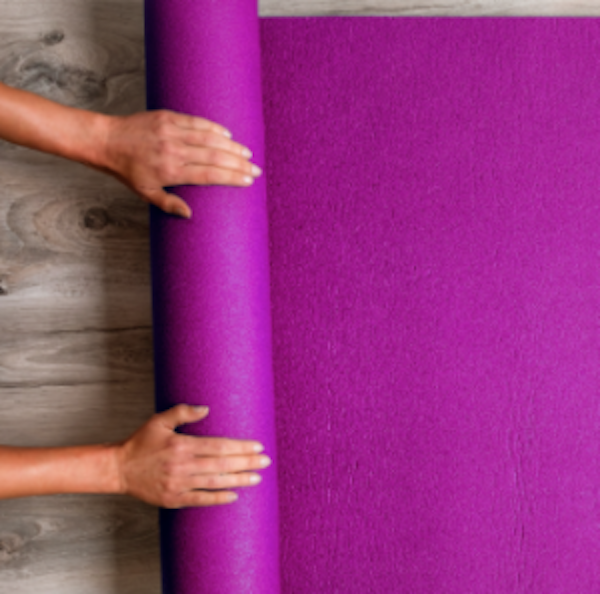
Foundational Elements
While most of us are familiar with the basics, the following are worth noting as foundational elements to optimize our mental health and well-being:
Movement that includes daily activities such as walking, biking, yoga and dancing. Movement and exercise are powerful medicine for many common mental healthchallenges.
Regular exercise can have a profoundly positive impact on depression, anxiety, ADHD and more. It also relieves stress, improves memory, helps you sleep better, and boosts your overall mood.
Nutritional practices — which include reducing the consumption of processed foods, especially in times of acute and chronic stress — are very important. Eating a balanced, colorful diet rich in lean proteins, healthy fats (omega-3s/DHA), complex carbs and vegetables is a must, as the key nutrients present in these foods are essential to support our health.
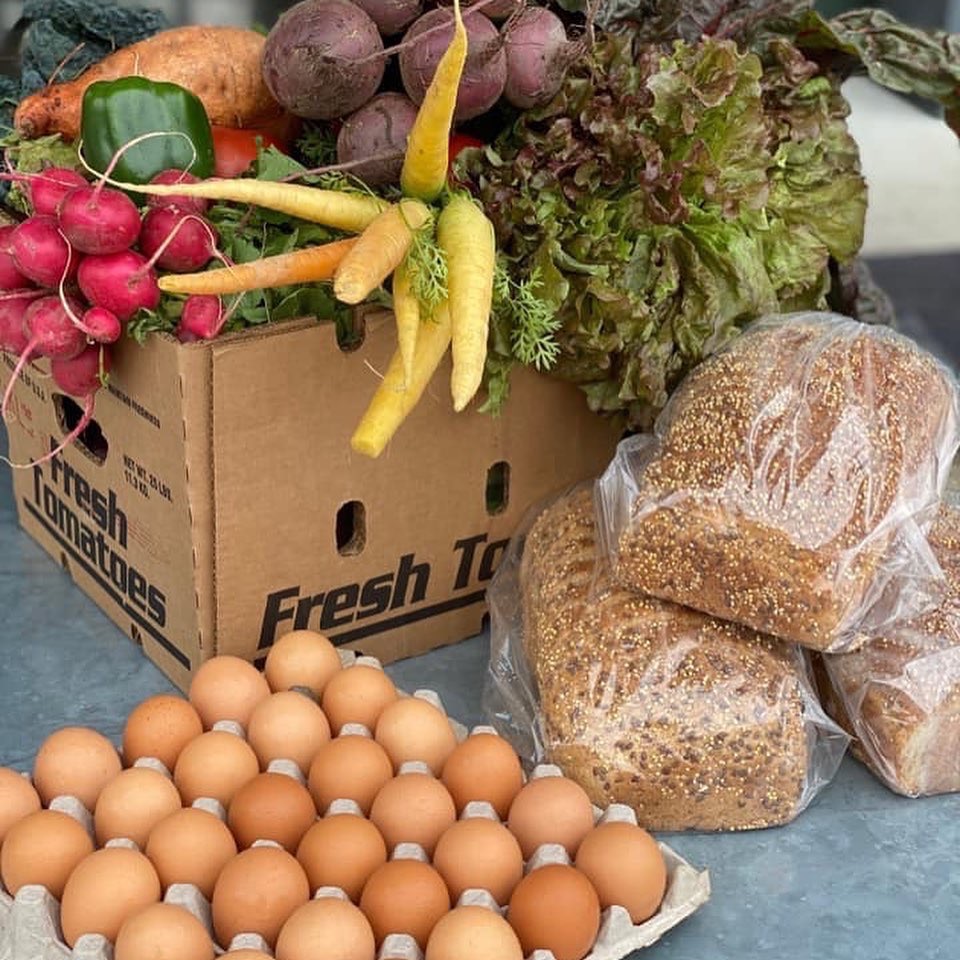
Stress Management
Stress response is critical to feeling better and being resilient. While we could name many stress relief techniques, the following are impactful yet easy to practice at home:
Good sleep hygiene: This means going to sleep at a regular time nightly, in darkness, with electronic devices at least five feet away, for an uninterrupted seven to eight hours of sleep. This is especially important during stressful times. Sleep is anti-inflammatory and calms the nervous system and mind. Keeping a regular sleep cycle and exposing yourself to natural light in the morning keeps your natural daily rhythms strong and is greatly beneficial to a balanced mind and vitality, which strengthens the immune system function.
Meditation: While meditation might seem difficult at first, there are many user-friendly apps and techniques available, and you don’t have to be a yogi to reap the benefits from this great wellness modality. This practice can reverse your stress response, thereby shielding you from the effects of chronic stress. Studies have shown that heart rate and breathing slow down and blood pressure normalizes, while oxygen is used more efficiently by the body.
Dancing: While we may not be able to go out dancing, dancing in your living room or kitchen will do.
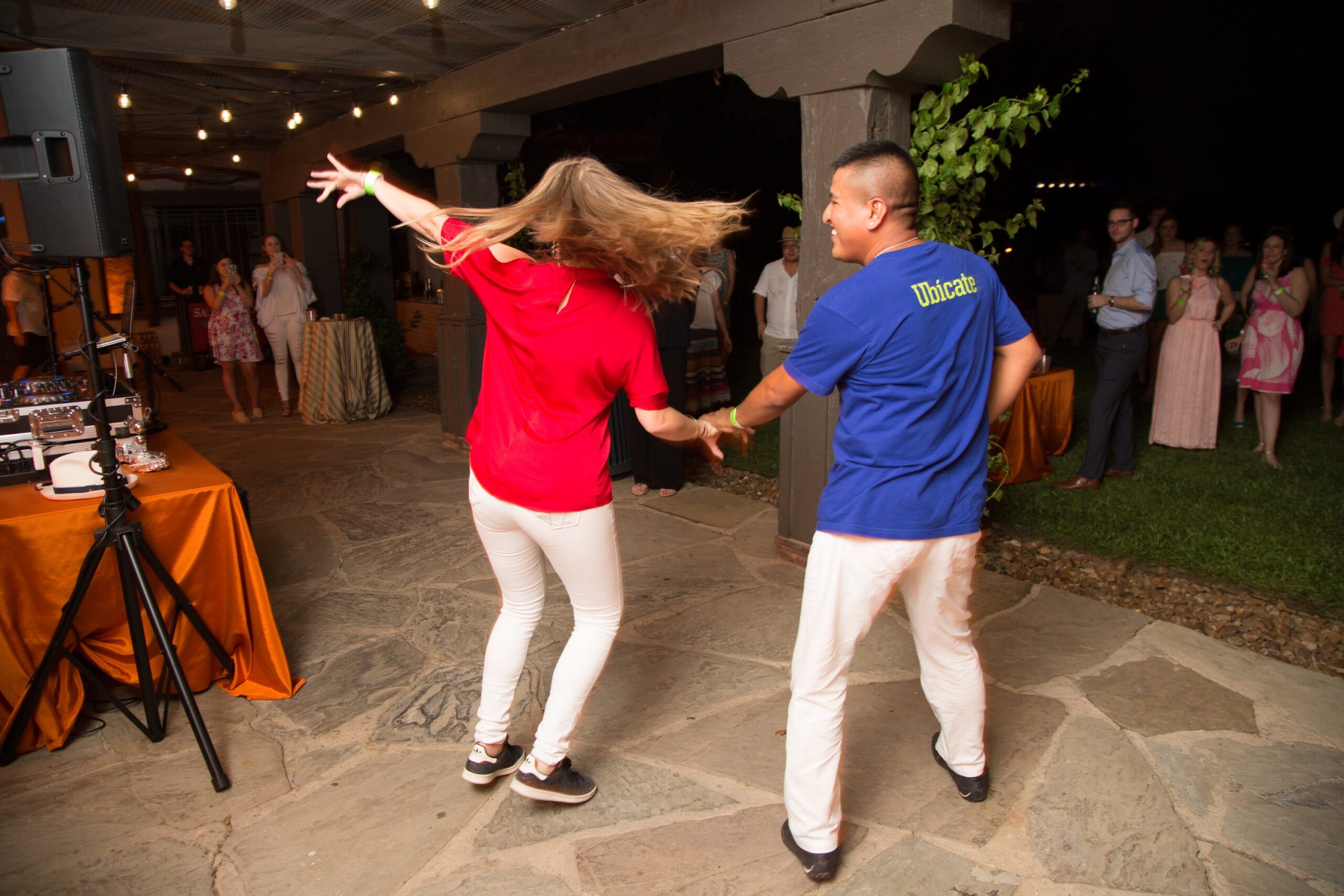
Research shows that dancing can improve your mental health by boosting your overall happiness — and it’s also a great cardio workout. It can improve cardiovascular health, increase stamina, strengthen bones and muscles, and stave off illnesses.
Music: Humans are hardwired for music. We carry this in our ancestral DNA in the form of vibration; no other stimulus positively activates so many brain regions; and indisputable research shows its dramatic positive impact on mood, anxiety and pain. For more information on this, click here.
Enjoy the visual world around us: The visual and performing arts are uplifting and bring us happiness and joy. With galleries and our performing arts venues closed to the public during this time, consider experiencing them through the many online portals set up and/or making an online art acquisition to support Texas artists and their galleries.
The Global Conversation
As we move into nearly three weeks of this unprecedented time, with indications that we will be in it for months to come, we in the international wellness community have held many global conversations with hundreds of people from all over the world. It has given me cause to pause and reflect, and perhaps it will do the same for you.
he word “crisis” points to a deeper meaning of “opportunity” and comes from the Greek “to separate, to sift,” which means to pass judgment, to keep only what is worthwhile. There’s an opportunity in every crisis, and the deeper the crisis, the better the opportunity can be.
Perhaps the experience of Quarantine 2020, will bring us to a new way of thinking about our health and well-being — and a new state of being.
One that is not just about avoiding a pathogen, but about making important changes that will improve the quality of our lives and help us be more resilient and thrive beyond our limitations. A new wellness.
We’re all in this together, and each of us has a response-ability to ourselves, our loved ones, and our communities to be in our best health and well-being. This is our unique opportunity.
For more on wellness in the weeks and months ahead, come back to PaperCity’s new Wellness section
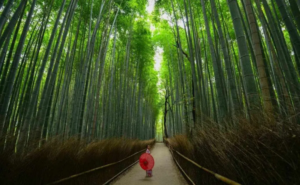


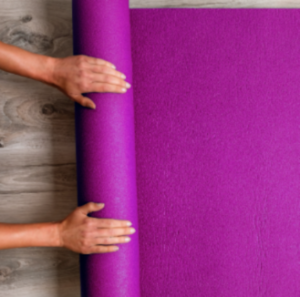
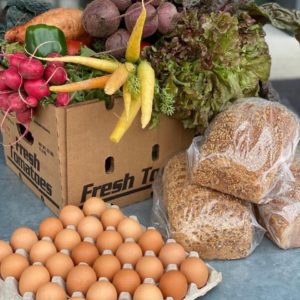




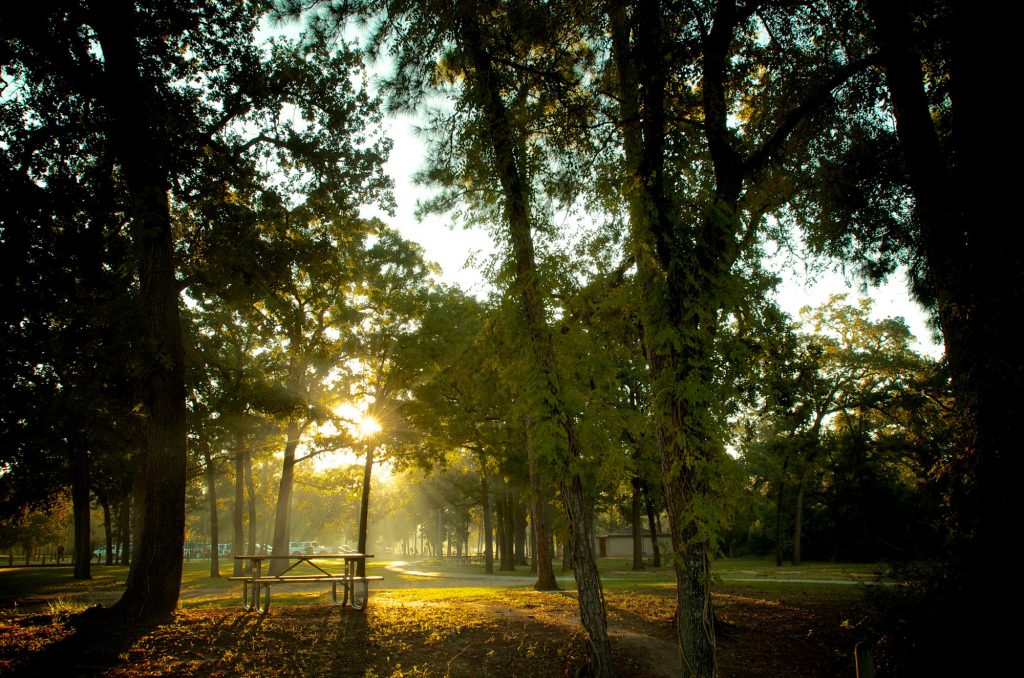
























_md.jpeg)

